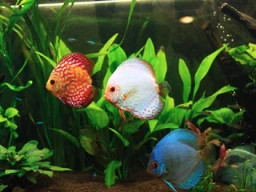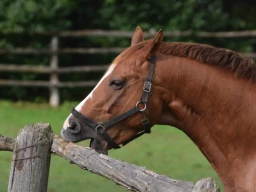
Horse Behaviourists
Overall, becoming a horse behaviourists requires a deep understanding of equine behaviour and welfare, as well as specialised training in behaviour modification techniques.
Read more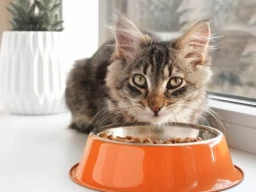
Veterinarian prescribed cat food, why?
Veterinarian-prescribed cat food, often referred to as prescription or therapeutic diets, serves specific nutritional purposes and is recommended for cats with various health conditions.
Read more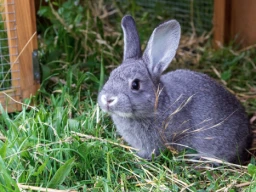
What is the Best Hutch for my Rabbit
An indoor rabbit still needs a hutch to feel safe and secure but, if this is not an option then make sure you create an area for beds & hideaways.
Read more
Dogs Bowls
Some dogs may prefer a certain type of material or design, while others may be perfectly content with a simple, no-frills bowl.
Read more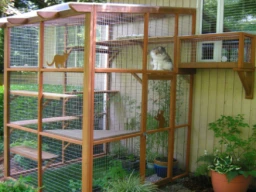
Building a Catio
Ideally, you should choose a location that provides plenty of natural light and fresh air, while also keeping your cat safe and secure.
Read more
What are the best treats for cats?
Cats, like humans, appreciate variety. Offer a mix of treats to keep things interesting for your cat.
Read more
Pros and Cons of feeding raw dog food
It is important to note that raw and frozen dog food diets are not suitable for all dogs.
Read more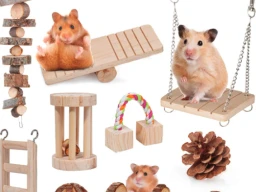
Treats and Activities for my Guinea Pig
Guinea pigs enjoy a variety of treats, but it's important to remember that treats should be given in moderation and as part of a balanced diet.
Read more
All about reptiles as pets.
Before acquiring a reptile, thoroughly research the specific species to ensure that you can meet its dietary, environmental, and healthcare needs.
Read more
What to feed my Horse and Pony
It is important to consult with a veterinarian or equine nutritionist to determine the most appropriate feed and grain options for your individual horse or pony based on their age, breed, weight, and activity level.
Read more
What is Animal Assisted Activities
Animal-assisted activities (AAA) involve the use of trained animals to provide individuals with various therapeutic, educational, or recreational benefits.
Read more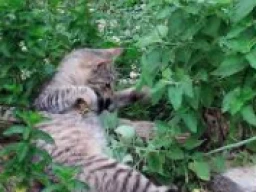
Catnip
It's recommended to offer catnip sparingly, typically a few times per week, to prevent habituation and maintain its effectiveness as a stimulant.
Read more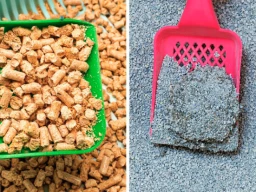
What Cat Litter is Best
When choosing a litter for your cat, it's important to consider your cat's preferences and any special needs they may have.
Read more
Where to train your Puppy Home or Away
One of the major benefits of home training is that it is private so you and your trainer can focus on the things you particularly want your puppy to focus on
Read more
Owning a cat
There are no guaranteed ways to choose the perfect cat. Understanding what your expectations are as well as the what makes cats what they are will help in your selection of the perfect cat for you.
Read more
Puppy Trainers vs. Behaviourists
The root cause of the separation anxiety would then need to be studied by a behaviourist
Read more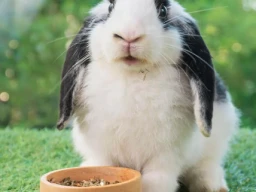
Buying Bunnies, Does and Donts
By providing proper housing, a balanced diet, mental and physical stimulation, and preventive veterinary care, you can help ensure that your rabbits live happy and healthy lives.
Read more
Furballs/Hairballs the cause and how to cope
If you have concerns about your cat's health or if hairballs persist despite your efforts, it's essential to consult with your veterinarian for a thorough examination and personalized advice based on your cat's specific needs.
Read more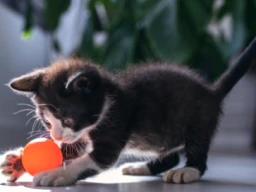
What toys are best for your kitten and why?
Providing appropriate toys for your kittens is an excellent way to encourage physical activity, mental stimulation, and confidence building. Here are some types of toys that can be beneficial for your kittens' growth and confidence:
Read more